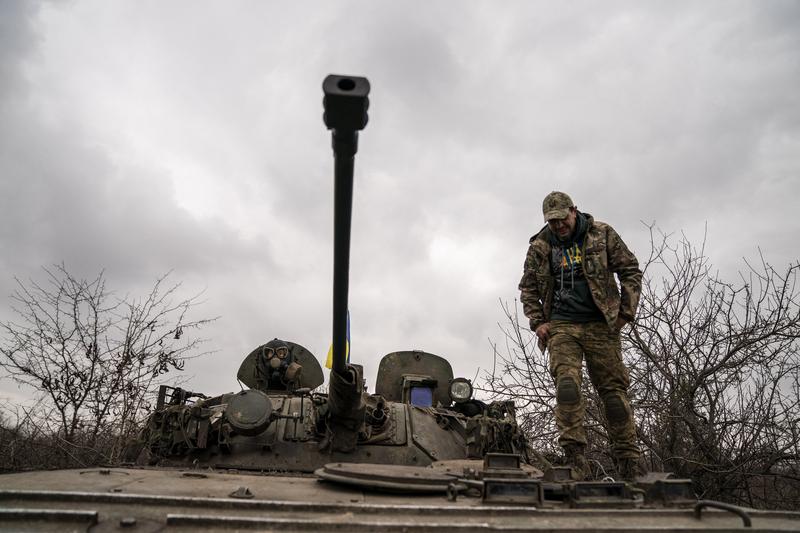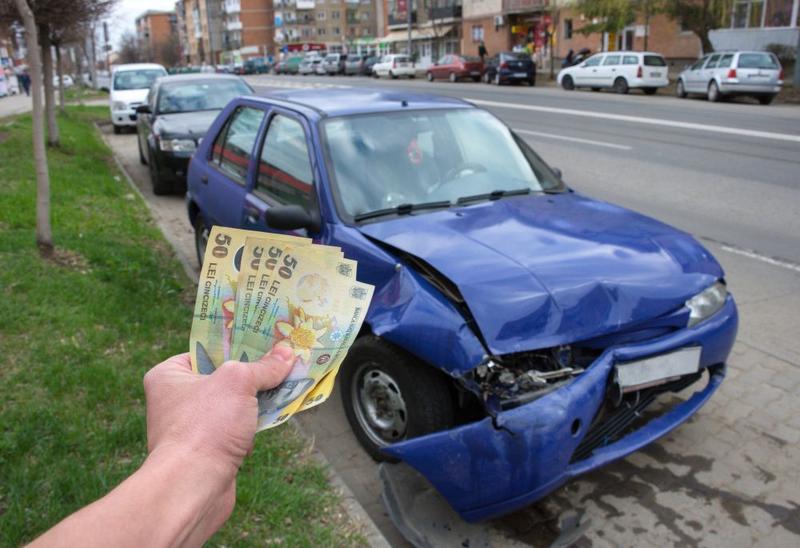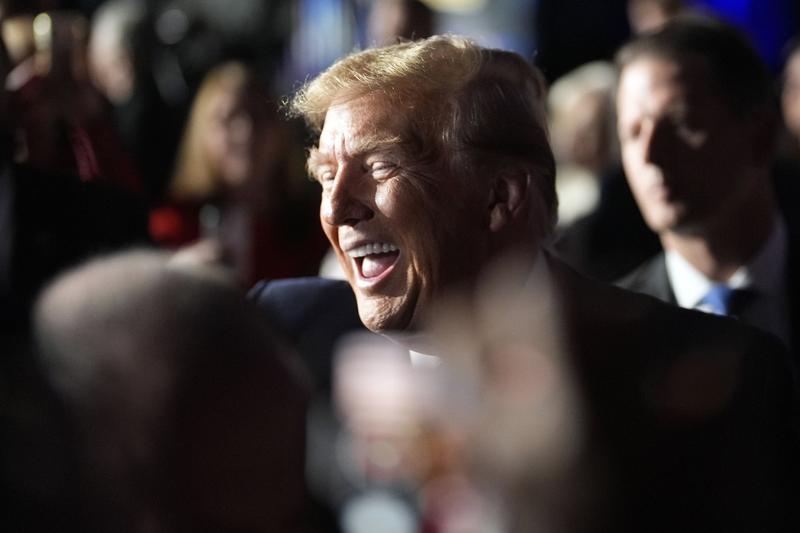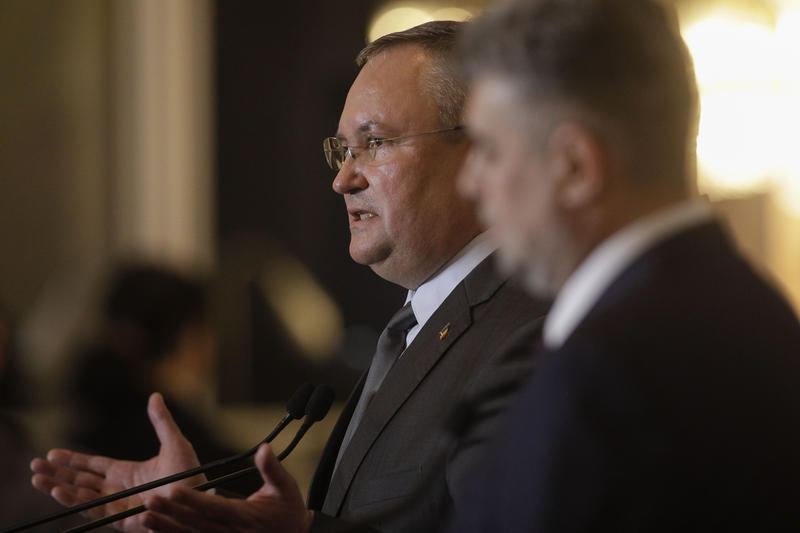In the view of Romania’s accession to the European Union, the indigenous companies must register their trademarks and products for protection within the Community. In Romania, there is an awareness problem regarding the risks entailed by the lack of international registration.
In 2005, Romania applied for international registration for 50 trademarks whereas Czech Republic recorded 500 requests and Hungary 400 requests.
Cosmetics producer Gerovital, carmaker Dacia and electronics manufacturer Arctic already registered their brands at the international level whereas Carpati cigarettes and carmaker Oltcit faced problems when trying to launch on Bulgaria and Argentine’s markets.
There can be registered as trademarks words, names, drawings, letters, figures, colors combinations, the product’s symbol, etc.
The brand’s registration can be carried out nationally, internationally and at the Communitarian level. Romania is part of the Madrid treaty therefore the Romanian brands may register internationally, gaining protection across 60 countries.
Industrial property can also be registered by submitting an application to the World Intellectual Proprety Organization office in a foreign country, saving commission money up to 1500 Euros, usually required by authorized persons in different countries.
One can check with the organization’s site in order to avoid coincidences in registering a certain trademark.
The communitarian registration is carried out via Office for Harmonization in the Internal Market, Trade Marks and Designs, based in Alicante Spain.
The national registration is done in the eyed state, but this procedure entails higher costs.
In case of similarities between two trademarks, one registered at the communitarian level and one at the national level, they can only function in parallel based on an agreement.
The European trademark enjoys protection throughout the EU and grants the beneficiary the right of trading products in all EU countries. Registering and costs are more available. Consensus is needed for registrations though. If one country opposes the trademark registration, the trademark can only be registered nationally but costs are higher.
If one trademark was registered nationally, followed by another similar one at the communitarian level, the former prevails. In case of trademark registered first at the communitarian level, the national one is to be annulled.


















